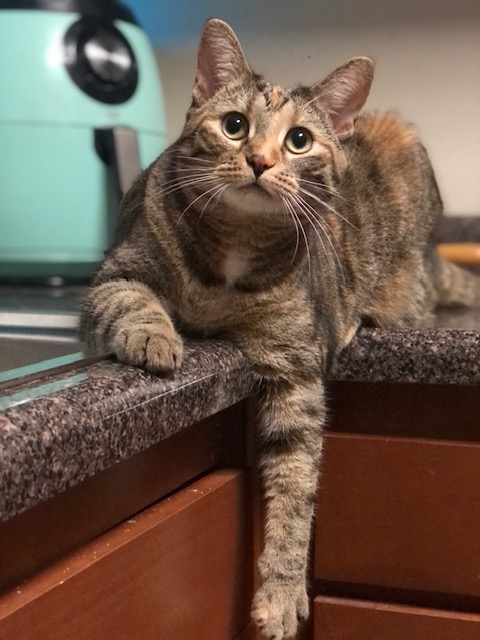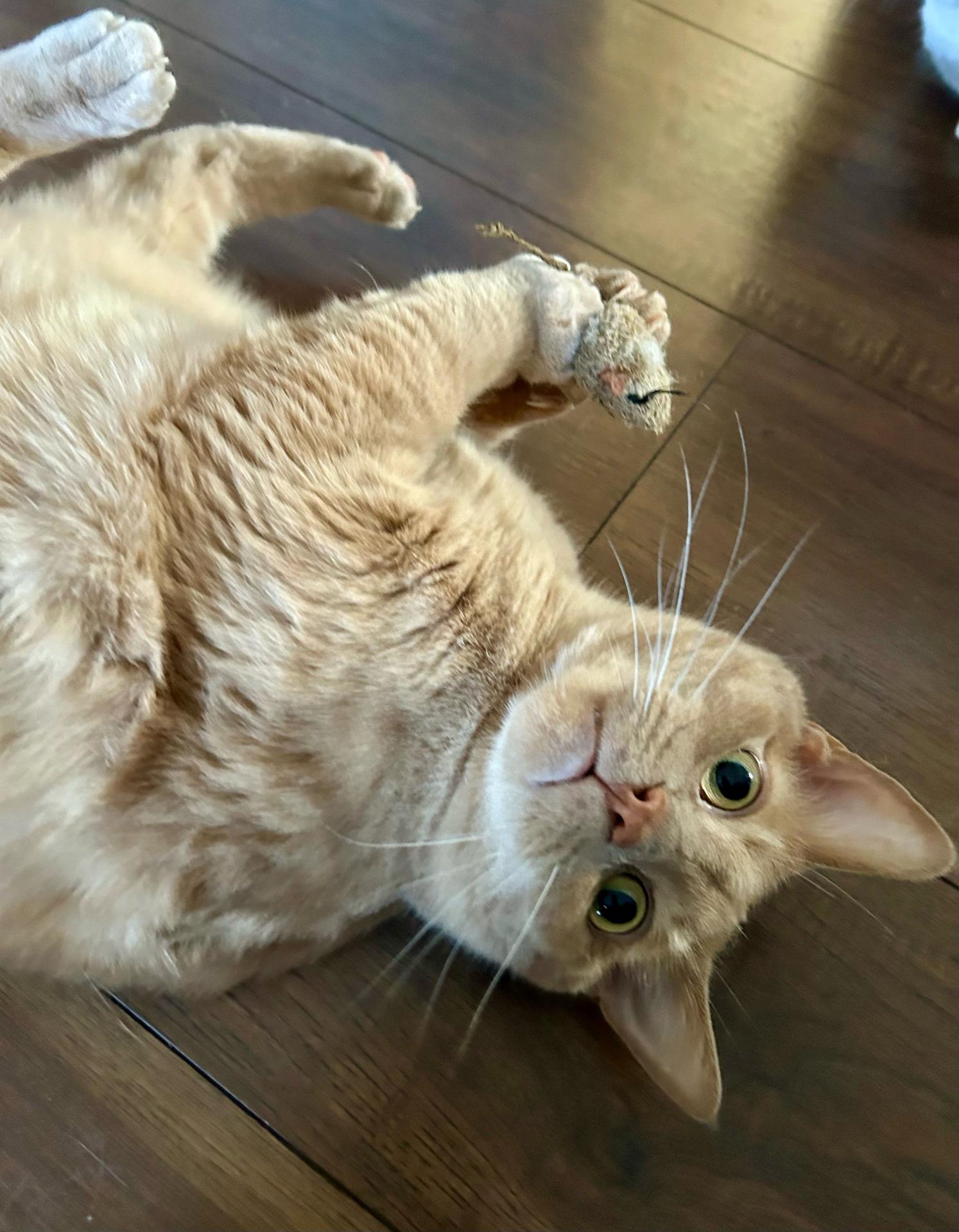 Osteoarthritis commonly referred to as OA is a degenerative joint disease present in both dogs and cats. It is most commonly observed in pets that are older, overweight, those with genetic predispositions, and those with previous injuries. OA is characterized by the gradual degradation of the joint cartilage which leads to pain, inflammation, reduced activity, and reduced agility. Over time reduced use of a limb can lead to muscle atrophy which is the wasting or thinning of muscle. This makes it that much harder for your dog or cat to move around reducing their quality of life.
Osteoarthritis commonly referred to as OA is a degenerative joint disease present in both dogs and cats. It is most commonly observed in pets that are older, overweight, those with genetic predispositions, and those with previous injuries. OA is characterized by the gradual degradation of the joint cartilage which leads to pain, inflammation, reduced activity, and reduced agility. Over time reduced use of a limb can lead to muscle atrophy which is the wasting or thinning of muscle. This makes it that much harder for your dog or cat to move around reducing their quality of life.
Some symptoms dog or cat owners may see include stiffness when getting up, limping, lagging behind on walks, reluctance to jump, reluctance to engage in physical activity or play, trouble posturing for defecation or urination, and behavior changes.
The best time to intervene is early on. The more we can prevent damage caused by inflammation, the better your pet's outcome can be.
As a pet owner, looking for those subtle changes are very important when preventing the progression of OA. Even though our pets cannot speak to us, they tell us a lot in their body language and how they move around. Unfortunately, us seeing them as "just getting old" can really mean they are in silent pain.
 Keeping an eye out for these changes, even though they may seem small, as well as taking a proactive approach will most often lead to the best outcomes. Proactive management of OA includes medication, prescription joint diets, monoclonal antibody therapy, weight control, and physical therapy. Research has proven that taking what is called a "multimodal" approach provides the best results, meaning using different therapies together to get a better outcome compared to using only one alone.
Keeping an eye out for these changes, even though they may seem small, as well as taking a proactive approach will most often lead to the best outcomes. Proactive management of OA includes medication, prescription joint diets, monoclonal antibody therapy, weight control, and physical therapy. Research has proven that taking what is called a "multimodal" approach provides the best results, meaning using different therapies together to get a better outcome compared to using only one alone.
All of these services are available to our clients at our three locations.
We have now have more options to help treat this disease in dogs and cats!
Librela and Solensia is available to our patients at all three locations. Modern medicine is wonderful and when it can benefit our dogs and cats, it is even better. Librela for dogs and Solensia for cats are two monoclonal antibody therapies available now. The great thing about these medications is that it is safe to give your pet regardless of them having underlying health issues. Those pets whose body's were not able to process traditional medications such as NSAIDs now have an option to have pain relief. We strive to have the best in veterinary care for our patients and are proud to offer this option.
"I would definitely recommend this to anyone. Three days after receiving the medication she started acting like she was four years ago!" -Richard T. regarding his 13 year old dog Maggie pictured to the right
We recommend that you commit to at least two doses of Librela or Solensia. Some pets we have seen improvement in less than a week and others it takes longer.
"Molly is doing well, I saw an improvement within 24 hours of her injection. 2-3 days after her receiving it she was like a new dog. More spunky and playful. When she was in pain, she was more withdrawn and testy. Seems more comfortable and is able to jump on the couch and bed again. I would recommend this to anyone who has a pet with osteoarthritis" -Chase H. regarding his 8 year old pug mix Molly

"Before he was super lazy. Now he is more playful with our other cat. He didn't like to jump as much and now I can't keep him off of things! He lost a ton of weight since starting it as well since he was moving around more." Sara C. regarding her 5 year old cat Mayhem who has been on Solensia since November 2022
